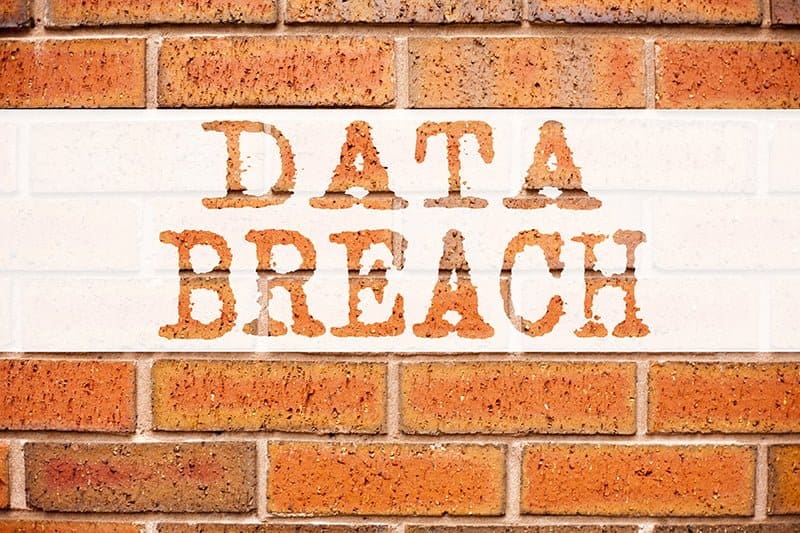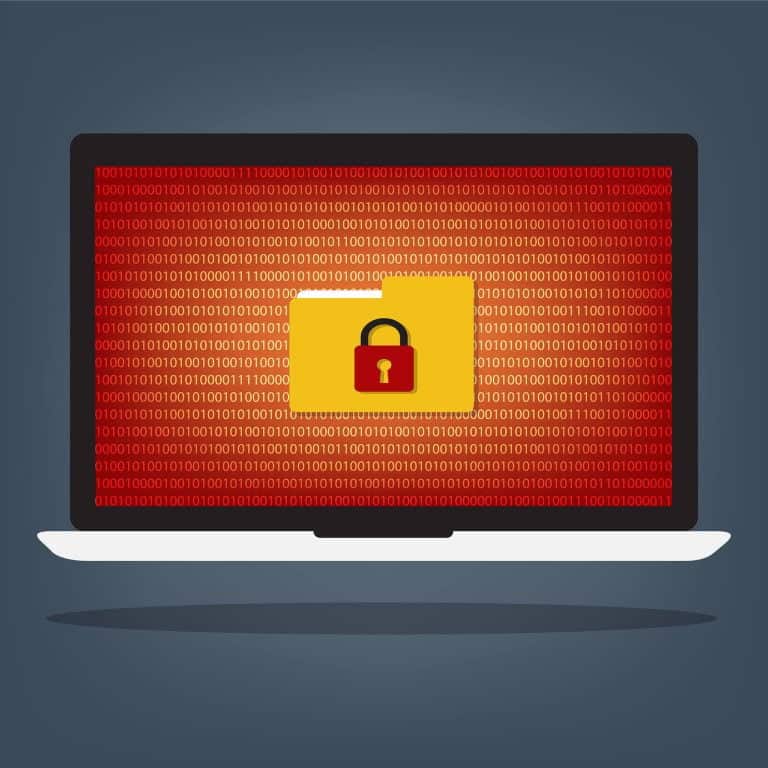Every week it feels like some company had a data breach, and all of their customers’ credit cards are in danger. While new technology comes out all the time to help improve information security, hackers are getting smarter too. As we continue to rely on our cards and technology, data breaches continue to increase.
Table of Contents
ToggleBelieve it or not, it’s not just large corporations in danger of data breaches; small and mid-sized companies can also have the same issue. If a data breach happens to you, there are steps you can take to protect your clients and employees.
Tell Everyone
If there has been a data breach, you must tell everyone who was or could have been affected, including your employees and customers. You should never keep data breaches a secret because your customers and employees depend on you to keep them safe. Therefore, as soon as you know about a data breach, you should let everyone know to protect themselves.
Your internal employees need to be notified of a data breach because you have their personal information, which can lead to criminal activity and identity theft. If your employees find out, they weren’t notified, and their identities get stolen, employee retention may become difficult.
Notifying everyone about the data breach doesn’t mean you have to pick up the phone and call every customer one by one. Instead, send out an external and internal email about the data breach, giving everyone as much information as possible so they know what to watch out for.
Letting your customers know all of the information about the data breach allows them to monitor their credit report and take action with the credit bureaus if someone uses their financial information.
In addition, keeping a data breach a secret can harm your reputation and make people no longer want to shop with you. If your customers find out there was a data breach and you didn’t warn them, your customers will no longer trust you. It is better to be completely transparent with your employees and customers than to have them find out on their own.
Secure Your IT Systems
Now that you’ve discovered a data breach, it’s time to do something about it. The first step to protecting yourself from another breach is to find out where in your IT systems the breach occurred. Then, you need to start fixing the area where the breach occurred immediately. For all you know, there was more than one breach, which left you open to more destructive breaches.
After discovering a data breach, you should change all of your codes and passwords until everything is fixed. Whoever breached your data now has those codes, so it’s best to block them as soon as you can. You can also shut down remote access to your systems as a precaution.
It would be best if you also put together a team to help you solve the problems associated with a data breach. Consider all of the professionals you’ll need, including:
- IT professionals
- Lawyers
- HR managers
- Marketing/communications team
Secure Your IT Systems Find Out More About the Breach
Always find out what type of data was breached. You’ll need to know whether it was your customers’ financial information or business information like invoices. Even if cyber criminals steal something that you believe is insignificant, you need to know about it. Something as simple as a mailing address can put your customers and employees in danger of stolen personal data or credit cards opened up in their names.
While it’s easy for credit bureaus to flag a stolen credit card, you should find out how many total numbers your information was attempted to be attacked or stolen. Your IT team can pinpoint all of the details for you.
Test Your Defenses
Once you’ve uncovered all of the information you can about your data breach, you should start patching the breach and test to ensure the patches are enough to prevent another attack.
Your IT team will be able to determine how the hacker got into your systems so they can test it to make sure it will not happen again. If you don’t have an IT team, consider hiring one as soon as your data has been breached so they can start working on solutions.
Update Your Protocols
Data breaches happen all the time, but that doesn’t mean you shouldn’t be prepared. Now that you’ve gotten through the hard part of dealing with a data breach, it’s time to update your protocols and talk to your staff. Make sure your employees are educated and know what to do when a breach happens.
Educate Your Staff
Educating your staff can help keep your business data safe. First, insist that all of your employees use good security measures for their endpoint devices. Many employees use different devices for work, so they must not lose them or leave them behind in public.
Instead of not giving your employees the tools they need to do their jobs, consider telling them which protocols should be followed, including password protection.
When it comes to passwords, have a conversation with your staff about what can be considered appropriate passwords. Make sure they’re not using the same passwords on their devices. You should also talk to them about what a strong password looks like and have a protocol dictating how often passwords should be changed.
And lastly, as part of your data safety education, remind workers about phishing scams. Email scams are some of the most common (and preventable) ways for hackers to access important information. Have your employees tell you if they get any suspicious emails with strange links.
If they’re not sure whether something is a scam, ask that they contact the sender via phone to verify any links.
Consider New Insurance
Protect your business by getting cyber liability insurance, it can help you when there’s a data loss. Losing data means a loss of money and potential lawsuits.
Even if you’ve never had a data breach before, you can still be prepared. Don’t wait until a data breach happens to your company before you start protecting yourself.
Work with Professionals
Data breaches are always going to be a possibility for your business, but you don’t have to make it easy for hackers. Instead, work with a cybersecurity company that can help you keep important data safe from criminals.





